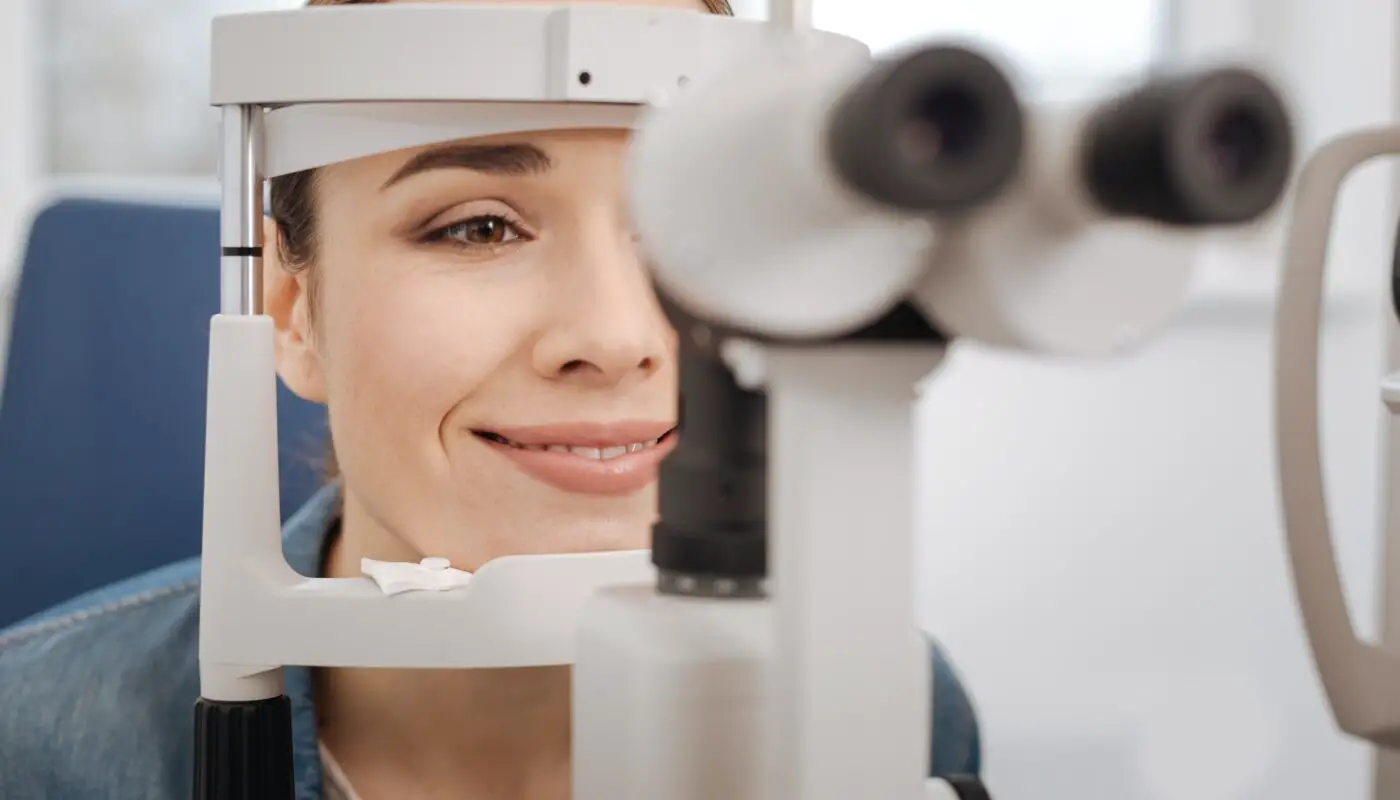Vision plays a vital role in our daily lives, enabling us to navigate the world around us. In Singapore, a country known for its commitment to healthcare excellence, eye screening has emerged as a crucial aspect of preventive care. In this article, we delve into the significance of eye screening in Singapore, exploring its benefits, the screening process, and the impact it has on maintaining healthy vision.
The Importance of Eye Screening
1. Early Detection of Eye Conditions: Eye screening allows for the early detection of various eye conditions, including refractive errors, cataracts, glaucoma, and age-related macular degeneration. Detecting these conditions in their early stages provides an opportunity for prompt treatment and management, significantly reducing the risk of vision loss and preserving eye health.
2. Prevention of Vision Loss: Regular eye screening helps identify potential risk factors and allows for appropriate interventions to prevent vision loss. For example, in the case of glaucoma, early detection through screenings enables timely treatment to control intraocular pressure and prevent further damage to the optic nerve, thereby preserving vision.
3. Monitoring Eye Health: Eye screening is not only important for detecting eye conditions but also for monitoring the overall health of the eyes. Regular eye screening in Singapore can help identify vision changes, evaluate the effectiveness of current treatments, and guide healthcare professionals in developing personalized eye care plans.
Eye Screening Process in Singapore
1. Comprehensive Eye Examination: The eye screening process typically begins with a comprehensive eye examination conducted by qualified optometrists or ophthalmologists. The examination includes various tests to assess visual acuity, refractive errors, eye muscle coordination, intraocular pressure, and the overall health of the eyes.
2. Retinal Imaging and Visual Field Testing: Advanced technologies, such as retinal imaging and visual field testing, are often employed during eye screenings. Retinal imaging captures high-resolution images of the retina, allowing healthcare professionals to detect abnormalities and monitor changes over time. Visual field testing assesses peripheral vision and can help identify early signs of glaucoma or other visual field abnormalities.
3. Refraction Assessment: Refraction assessment is a crucial part of eye screening, especially for identifying refractive errors like myopia (nearsightedness), hyperopia (farsightedness), and astigmatism. It involves determining the appropriate lens prescription to correct vision and improve visual acuity.
4. Additional Tests as Needed: Depending on individual circumstances, additional tests may be performed during eye screenings. These may include corneal topography to assess the shape and curvature of the cornea, pachymetry to measure corneal thickness, or ultrasound imaging to evaluate the structures within the eye.
Benefits of Eye Screening in Singapore
1. Preserving Vision for a Lifetime: Regular eye screenings play a crucial role in preserving vision throughout one’s life. By detecting eye conditions early and implementing appropriate interventions, individuals can maintain good eye health and prevent vision loss.
2. Personalized Eye Care: Eye screenings allow for personalized eye care plans tailored to the unique needs of each individual. The results of screenings help healthcare professionals develop targeted strategies for managing specific eye conditions, promoting optimal visual function.
3. Improved Quality of Life: Good vision is essential for performing daily activities, maintaining independence, and enjoying a high quality of life. Eye screenings contribute to early intervention, ensuring that individuals can continue to engage in their favorite activities and live life to the fullest.
4. Public Health Impact: Eye screenings have a significant public health impact by identifying individuals at risk of vision loss. Timely interventions can prevent the burden of visual impairment and its associated economic and social costs.
Conclusion
Eye screening in Singapore plays a vital role in ensuring healthy vision for individuals of all ages. Regular screenings enable early detection of eye conditions, prevention of vision loss, and personalized eye care. By prioritizing eye health through screenings, Singaporeans can maintain optimal vision and enjoy a high quality of life. Embracing preventive eye care and undergoing regular screenings are essential steps toward preserving healthy vision for a lifetime.
